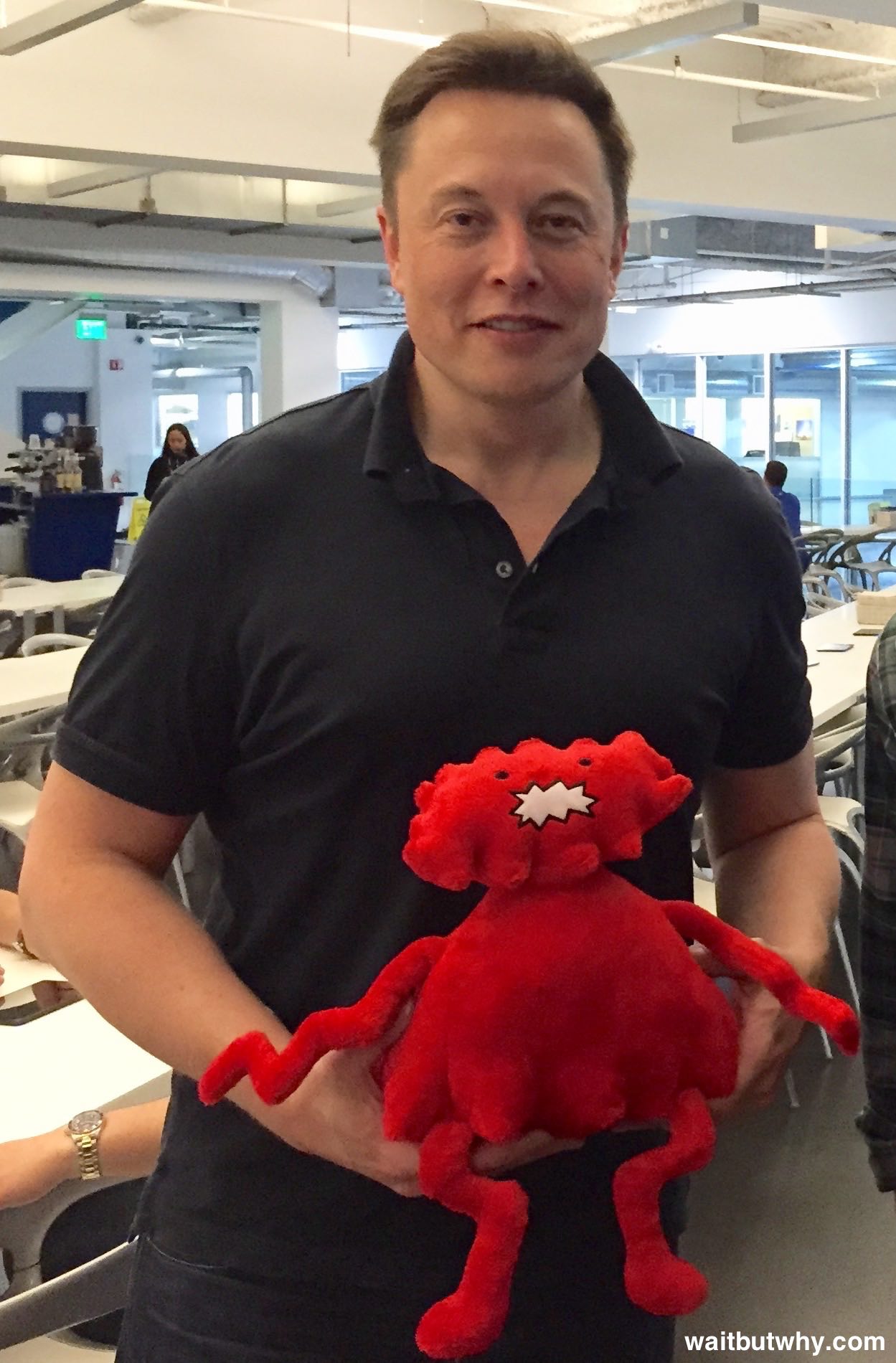CERN-Critics: LHC restart is a sad day for science and humanity!
These days, CERN has restarted the world’s biggest particle collider, the so-called “Big Bang Machine” LHC at CERN. After a hundreds of Million Euros upgrade of the world’s biggest machine, CERN plans to smash particles at double the energies of before. This poses, one would hope, certain eventually small (?), but fundamentally unpredictable catastrophic risks to planet Earth.
Basically the same group of critics, including Professors and Doctors, that had previously filed a law suit against CERN in the US and Europe, still opposes the restart for basically the same reasons. Dangers of: (“Micro”-)Black Holes, Strangelets, Vacuum Bubbles, etc., etc. are of course and maybe will forever be — still in discussion. No specific improvements concerning the safety assessment of the LHC have been conducted by CERN or anybody meanwhile. There is still no proper and really independent risk assessment (the ‘LSAG-report’ has been done by CERN itself) — and the science of risk research is still not really involved in the issue. This is a scientific and political scandal and that’s why the restart is a sad day for science and humanity.
The scientific network “LHC-Critique” speaks for a stop of any public sponsorship of gigantomanic particle colliders.
Just to demonstrate how speculative this research is: Even CERN has to admit, that the so called “Higgs Boson” was discovered — only “probably”. Very probably, mankind will never find any use for the “Higgs Boson”. Here we are not talking about the use of collider technology in medical concerns. It could be a minor, but very improbable advantage for mankind to comprehend the Big Bang one day. But it would surely be fatal – how the Atomic Age has already demonstrated — to know how to handle this or other extreme phenomena in the universe.
Within the next Billions of years, mankind would have enough problems without CERN.
Sources:
Best regards:
LHC-Kritik/LHC-Critique


